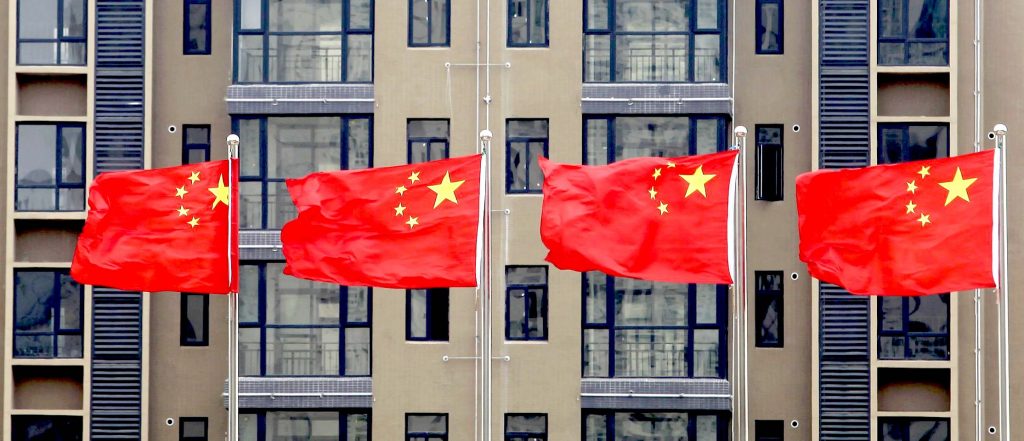The White House is considering the creation of a reciprocal investment regime with China following a Section 301 investigation into Chinese technology and intellectual property policies, but some in the administration fear it would lead to stock market losses and negatively affect U.S. companies doing business in China, private-sector sources briefed by White House officials told Inside U.S. Trade.
[Jenny Leonard | January 17, 2018 | Inside US Trade]
The sources said the administration, if it went that route, would apply the 1977 International Emergency Economic Powers Act, which gives the president broad authority to regulate commerce “to deal with an unusual and extraordinary threat with respect to which a national emergency has been declared for purposes of this chapter and may not be exercised for any other purpose.”
Trump, they said, would sign an executive order declaring a national emergency and, as required under the statute, “immediately” transmit a report to Congress specifying the rationale behind the emergency and actions, and naming “any foreign countries with respect to which such actions are to be taken and why such actions are to be taken with respect to those countries.”
Sources said the idea — pushed for by U.S. Trade Representative Robert Lighthizer and USTR General Counsel Stephen Vaughn — would be to restrict Chinese foreign investment in the U.S. to the extent that Beijing restricts U.S. foreign investment in its market, which could effectively lead to sectoral investment bans.
Chinese investors under the new regime would have to demonstrate that China allows U.S. investment in a specific sector. For example, one source said, if Chinese investors wanted to buy a U.S. bank, they would be able to acquire no more than a 49 percent stake — in line with Chinese rules on foreign ownership of banks in China.













